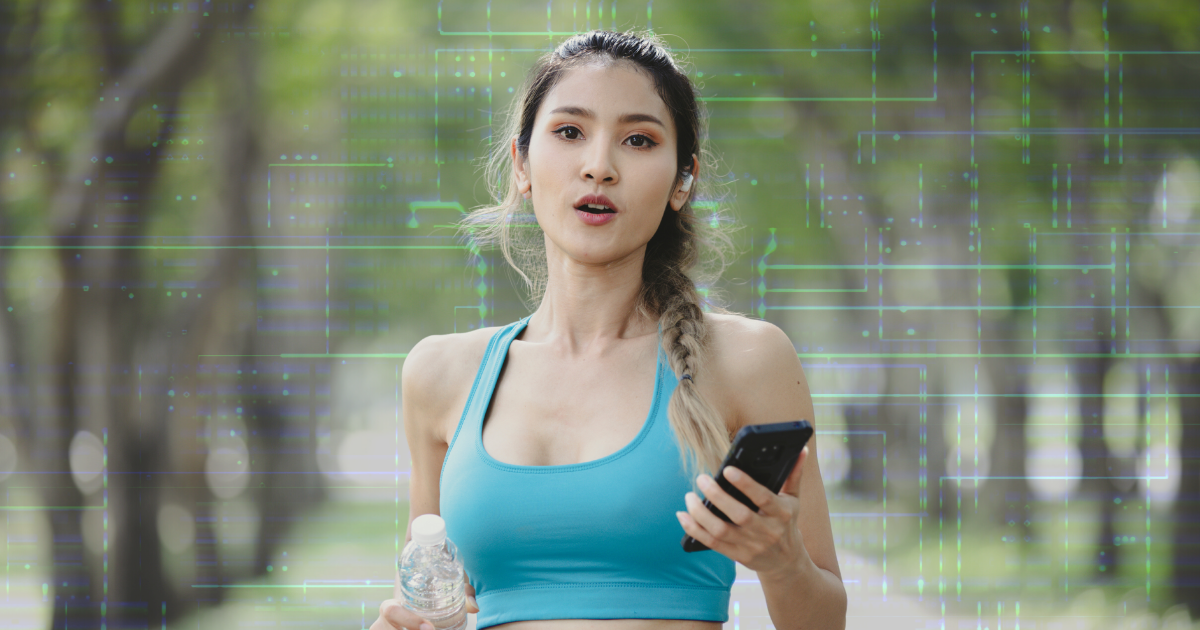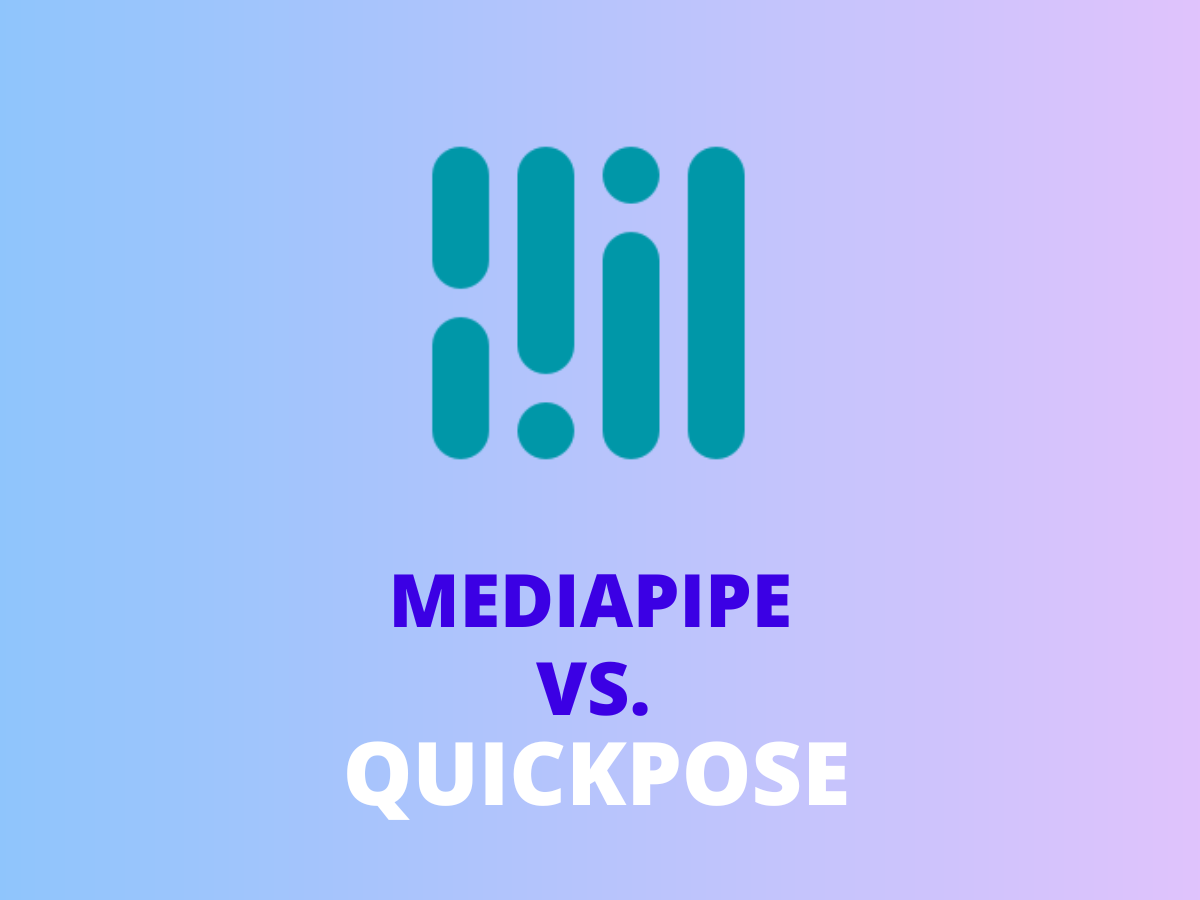In the world of fitness, progress is the holy grail. It’s the difference between a summer body and a winter coat. It’s what separates the champions from the rest. But what if there was a way to ensure progress, every step of the way? A way to track your every move, provide real-time feedback, and personalize your workout experience?
This is where Vision AI comes in. This game-changing technology is taking the fitness industry by storm, enabling app developers to create engaging workout apps that make progress practically inevitable. But what exactly is Vision AI, and how is it revolutionizing fitness?
What is Vision AI?
Vision AI is a type of artificial intelligence technology that uses computer vision techniques to analyze and interpret visual data. It involves using deep learning algorithms to identify and track objects in images or videos, including people and their movements. In the context of fitness apps, vision AI uses pose estimation technology to track and analyze the movements of users during workouts. This enables the app to provide real-time feedback on form and technique, personalized coaching, and accurate tracking of workout progress. Vision AI is transforming the fitness industry by providing users with an engaging and effective workout experience, and it has the potential to revolutionize other industries as well.
In this article, we will explore how vision AI is revolutionizing fitness apps, and why app developers should consider integrating this technology into their products.
Vision AI in fitness refers to the use of computer vision technology to track and analyze movements during exercise, providing feedback and guidance to users on their form and performance.
Benefits of Vision AI in Fitness Apps
Using vision AI in fitness apps has several advantages.
Accurate tracking of workout progress
Vision AI provides accurate tracking of workout progress, which enables users to monitor their performance over time.
Real-time feedback on human poses
Secondly, vision AI provides real-time feedback on form and technique, which helps users improve their posture and reduce the risk of injury.
Personalized Coaching
Vision AI enables personalized coaching, as it can provide customized feedback based on a user’s unique body type and fitness level. As more and more people use Vision AI to help them reach their fitness goals, the data apps collect will become richer, and opens up a whole new scale of data for machine learning algorithms to create even more engaging experiences, and engaged users.
How Does Vision AI Work in Fitness Apps?
Vision AI works by using pose estimation technology to analyze the user’s movements. This technology involves capturing video of the user performing exercises and analyzing the position of their joints in real-time. AI models are trained on a large library of human poses and therefore can accurately track the user’s progress and provide real-time feedback on their form and technique. Using just the device’s camera, Vision AI opens up a whole market of potential users who don’t need to make an extra purchase of sensors to trial apps and get hooked.
You can see vision AI in action today in our TestFlight app. This app showcases the QuickPose iOS SDK, which includes measuring range of motion for joints for health apps, and exercise rep counters for fitness apps.
Get Access to Our TestFlight Demo
Check out QuickPose iOS SDK abilities in our TestFlight Demo app.
What is the mission of a fitness app?
The ultimate goal of a fitness app is to motivate and inspire users to make fitness a part of their daily routine, and to help them achieve tangible results over time. Additionally, a fitness app should be easy to use, visually appealing, and accessible to users of all ages and fitness levels.
The mission of a fitness app is to provide users with an engaging and effective workout experience that helps them achieve their fitness goals, but focused on retaining users so they come back next time, again and again. This includes providing a range of workout programs and exercises that are tailored to the user’s fitness level and goals. The app should also provide real-time feedback on form and technique, personalized coaching, and accurate tracking of workout progress.
What features do fitness apps use?
Fitness apps use a variety of features to provide users with an engaging and effective workout experience. Here are some of the most common features:
1. Workout tracking:
Fitness apps allow users to track their progress over time, including the number of reps completed, weight lifted, and calories burned.
2. Personalized coaching:
Some fitness apps use artificial intelligence (AI) technology to provide personalized coaching and feedback based on the user’s unique body type and fitness level.
3. Exercise libraries:
Fitness apps provide a library of exercises and workouts, ranging from strength training to cardio, yoga, and more.
4. Social sharing:
Many fitness apps allow users to share their workout progress and achievements on social media, which can help motivate and inspire others.
5. Wearable device integration:
Fitness apps can integrate with wearable devices such as smartwatches or fitness trackers to provide even more accurate tracking of workout progress.
6. Goal setting:
Fitness apps allow users to set fitness goals and track their progress towards achieving them.
7. Nutrition tracking:
Some fitness apps also include nutrition tracking features, allowing users to track their calorie intake and monitor their diet.
Of course, we are discussing Artificial Intelligence, so how can this technology improve the features of a fitness app to increase its functionality and set the app apart from competitors?
1. Workout tracking with AI:
AI can help to track workout progress in real-time and provide feedback to the user based on their performance. AI algorithms can analyze data such as heart rate, movement patterns, and muscle activity to provide insights into the effectiveness of a workout.
2. Personalized coaching with AI:
AI can be used to provide personalized coaching based on the user’s fitness level, goals, and other factors such as their body type and age. AI algorithms can provide tailored workout plans and offer guidance on form and technique.
3. Smart Exercise libraries:
AI can help to create customized exercise libraries based on the user’s fitness level and goals. AI algorithms can recommend exercises that are most effective for achieving specific fitness goals and can provide detailed instructions on how to perform each exercise correctly.
4. Social sharing:
AI can be used to create personalized social media posts based on the user’s workout progress and achievements. AI algorithms can generate captions and hashtags that are most likely to engage the user’s followers.
5. Wearable device integration:
AI can help to integrate wearable devices such as fitness trackers and smartwatches more seamlessly into fitness apps. AI algorithms can analyze data from these devices to provide more accurate tracking of workout progress.
6. Goal setting:
AI can help to set more realistic and achievable fitness goals for users based on their fitness level, age, and other factors. AI algorithms can also provide recommendations for adjusting goals based on progress over time.
7. Nutrition tracking:
AI can help to track nutrition more accurately by analyzing data from food logs and providing personalized recommendations for improving diet based on the user’s fitness goals.
Without limiting to Vision AI, there are a whole range of methods that AI can boost your fitness app’s functionality.
Build with us
Are you a product manager looking to build your own app that uses Vision AI? Or are you exploring the possibility to integrate computer vision into your app? We are a bespoke AI agency focused on pose estimation. Book a consultation with us to discuss your project,


